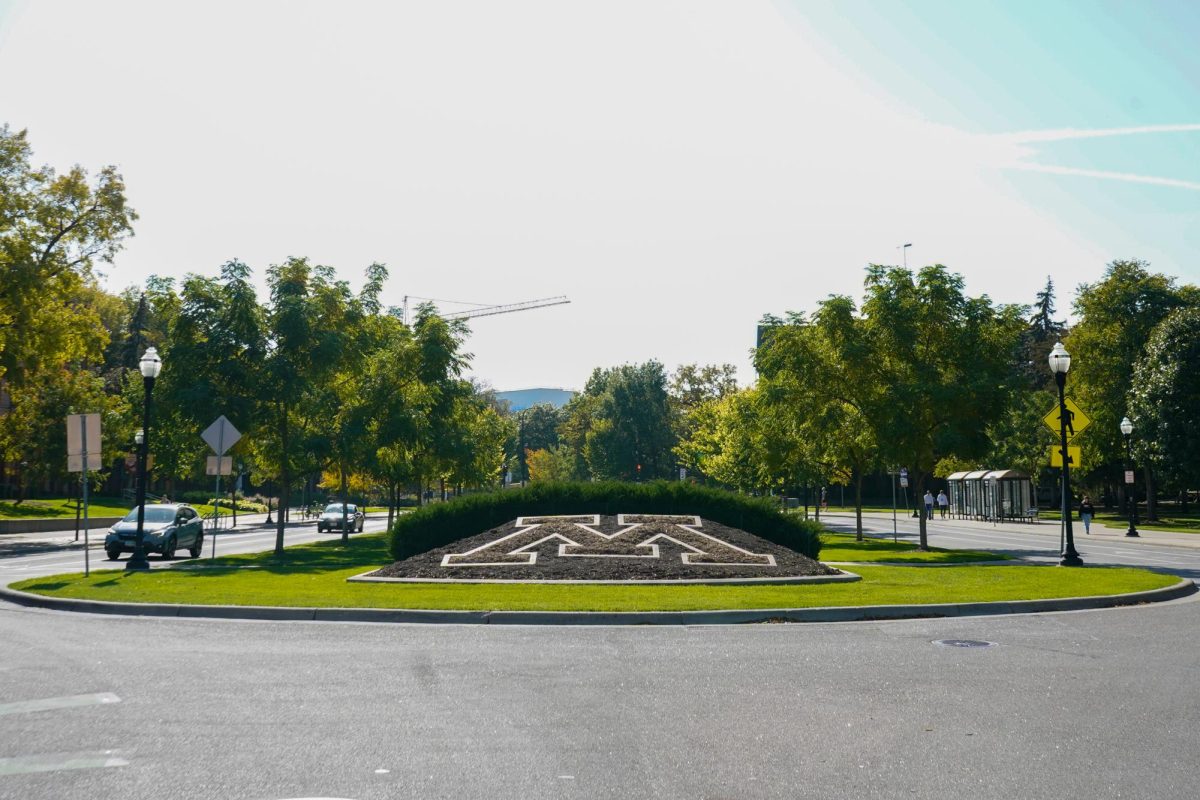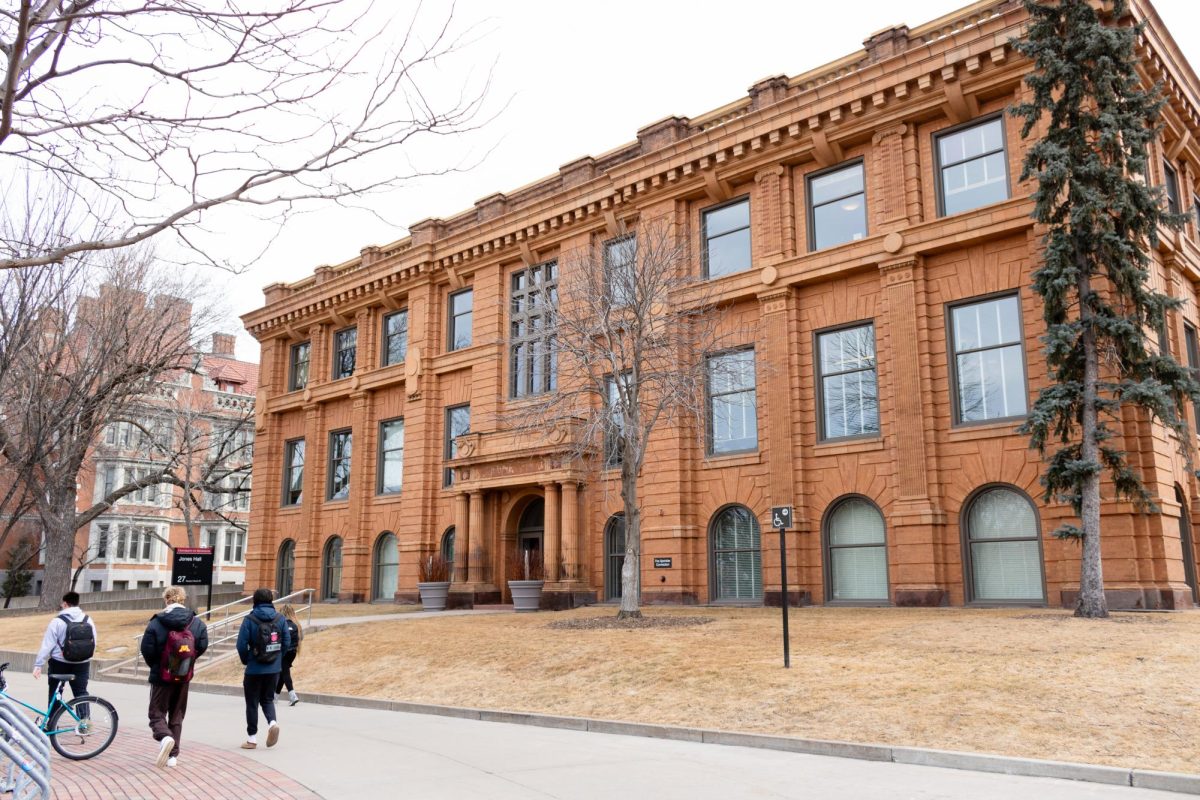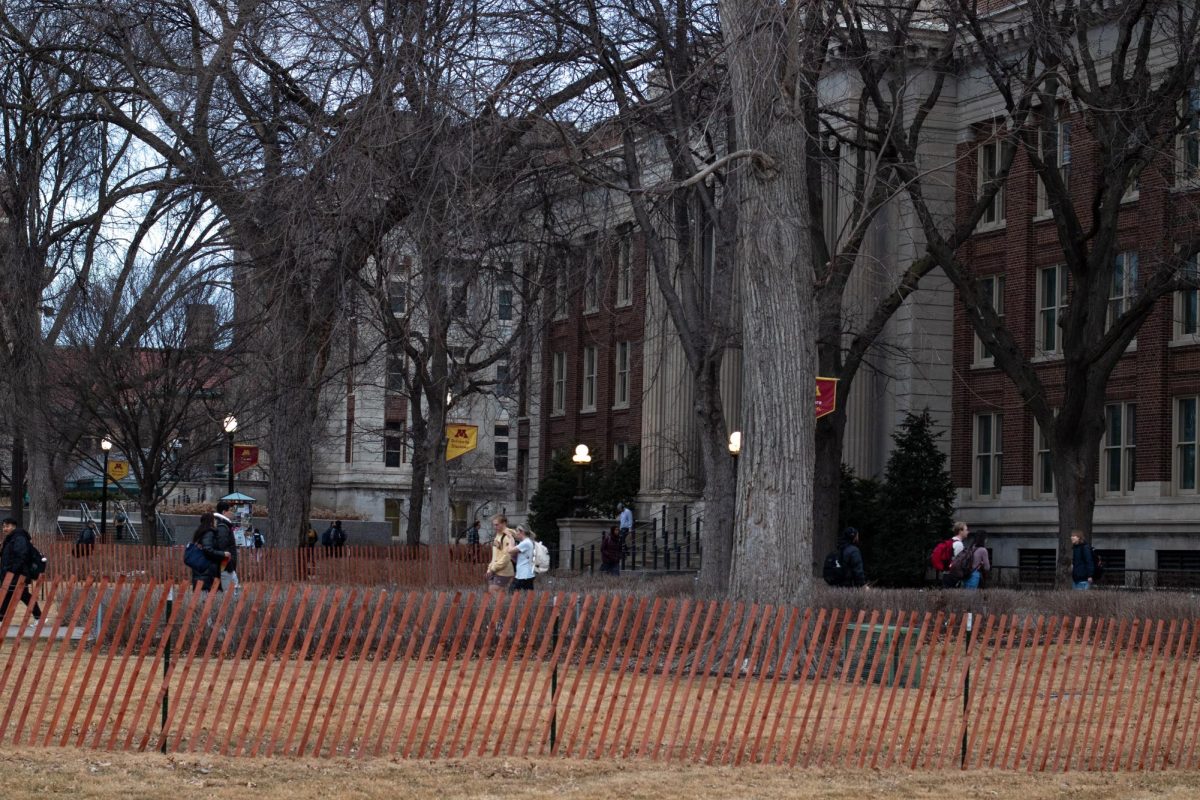California banned legacy status as a factor in college admissions in September, the largest state to do so yet.
This follows the Supreme Court’s decision to overturn affirmative action in 2023, which raised concerns over legacy students in higher education. Minnesota’s legislature introduced a similar bill last year.
Legacy admission policies give an advantage to applicants who are related to alumni, according to the Institute for Higher Education Policy.
Minnesota State Senator Clare Oumou Verbeten (DFL) introduced a similar bill in the 93rd session in spring 2024.
“No public or private institution of higher education shall provide any manner of preferential treatment in the admissions decision to any student applicant on the basis of a student’s legacy status or a student’s familial relationship to any donor to such institution. The Board of Regents of the University of Minnesota is requested to comply with this section,” according to the Minnesota state legislature.
The bill was brought to the higher education committee on Feb. 29 but did not appear on the senate floor. At this time, it is unknown if the bill will reappear in the upcoming legislative session.
California Gov. Gavin Newsom signed the bill banning legacy status in college admission, which will go into effect in the fall of 2025, and impact the following year’s admission process. In a press release, he stated the reasoning behind the bill.
“In California, everyone should be able to get ahead through merit, skill and hard work,” Newsom said in the press release. “The California Dream shouldn’t be accessible to just a lucky few, which is why we’re opening the door to higher education wide enough for everyone, fairly.”
The University of California system is the largest in the country with 295,000 students enrolled in 2023. Beyond the public institutions, California has several large private universities, including Ivy League Stanford and The University of Southern California (USC). USC has a 13% acceptance rate, while Stanford has a 4% acceptance rate.
California’s bill would apply to all colleges, not just private institutions, a shift that more states may be adopting. Virginia, Colorado and Connecticut have all introduced legislation regarding legacy admissions, but California is the second state to ban legacy admission for all institutions, following Maryland in February 2024.
The largest freshman class in the University of Minnesota history was in 2024 with 7,391 students. The University has not considered legacy status in its admissions process since 2023.
Legacy admissions have been excluded from the University since they changed their admissions program in 2023. Their holistic admissions process has been in use for over 20 years but was updated in 2023, according to their website.
The admissions process is split into two categories: academic factors and context factors. Academic factors consist of GPA, coursework and optional ACT/SAT scores. The context factors include participation in extracurricular activities, commitment to community service and evidence of personal accomplishment that is not demonstrated through other data.
Affirmative Action was a protection created by a 1978 Supreme Court case that set the foundation of race in college admissions. Affirmative Action has roots beginning with Brown v. Board of Education and The Civil Rights Act of 1964 and was contested several times in court before being repealed in 2023.
Following the repeal of Affirmative Action, the University updated its holistic admissions process, which made it clear that legacy has no impact on admissions.
“Our holistic review takes into consideration the individual circumstances that make each individual student unique,” according to the University Office of Admissions website.














Erik Ruthruff
Oct 28, 2024 at 10:22 am
Stanford, not Sanford.